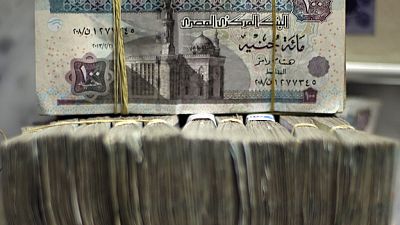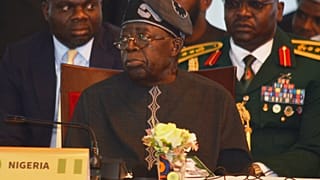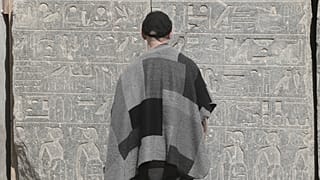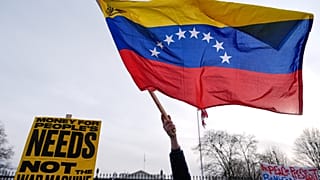Egypt
Egypt’s Central Bank devalued the Egyptian pound by 13 percent Monday, in a move aimed at alleviating a foreign currency shortage that has fueled the black market and crippled businesses.
Markets welcomed the move, with the stock exchange, EGX 30 benchmark index, rising 6.7 percent by close of day. Economists had said a devaluation was necessary to spare the Treasury from spending badly needed foreign currency to prop up the Egyptian pound.
Many Egyptians are worried, however, that the move will cause a surge in prices, especially for the multitude of imported goods.
That would add to the strain of an under-performing economy that has yet to recover from years of turmoil since the 2011 ouster of longtime ruler Hosni Mubarak.
Prices have been rising under the rule of President Abdel-Fattah el-Sisi, who as military chief led the ouster of Mohammed Morsi whose chaotic rule fueled mass protests.
Sisi cut fuel subsidies in 2014 by more than 70 percent, causing a public outcry but earning respect from economists, who saw it as a necessary step to save funds.
Foreign reserves have been stable for months and stood at $16.5 billion in February, a far cry from the $36 billion level, right before the January 2011 uprising, when tourism and its associated hard currency peaked.
Authorities had taken a number of measures to manage the foreign currency shortages, including capping the amount of dollars that could be deposited at local banks and limiting foreign exchange access to more essential businesses in the industrial and health sectors. The deposit and withdrawal limits have since been lifted.





![Africa's economy to expand in 2026 despite risks [Business Africa]](https://images.euronews.com/articles/stories/09/59/18/91/320x180_cmsv2_a090e29c-4edc-5b24-a887-6dea31e3ec4e-9591891.jpg)








01:40
AFCON: Seven-time champion Egypt to face Benin for quarterfinal spot
01:08
No weak teams at AFCON, Egypt's head coach says ahead of Angola match
03:00
AFCON 2025 heats up as Morocco, Egypt shine and fan zones come alive
01:06
AFCON 2025: South Africa and Egypt to face off in Group B tie
Go to video
Egypt coach backs Salah ahead of AFCON opener against Zimbabwe
01:23
Donald Trump defends first year back in office in politically charged speech